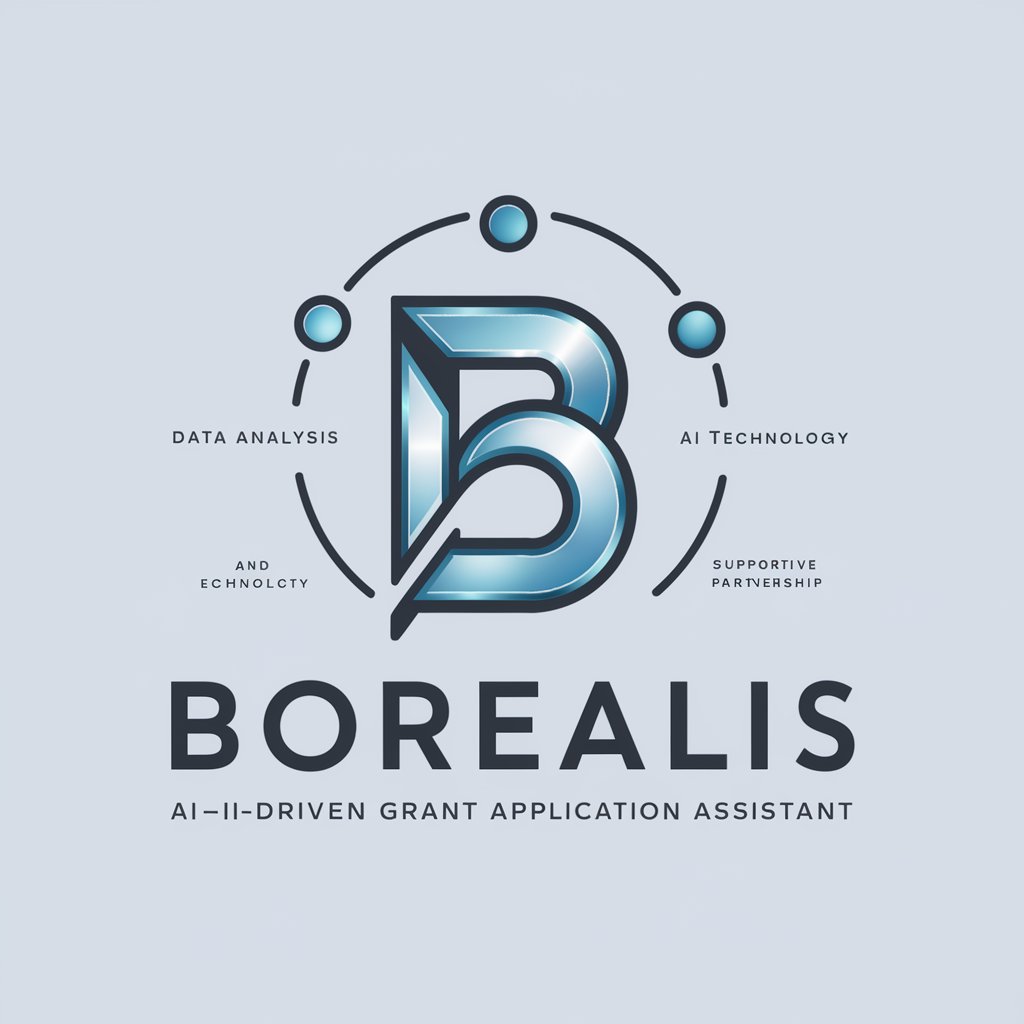Cheemera - Logical Inference Analysis

Welcome to Cheemera, your advanced logical reasoning assistant.
Unlock Complex Inferences with AI
Explore the implications of a scenario where A and B are true, but C is not.
Investigate the consequences when D and E are always true and F is never true.
Determine the outcomes of a situation where G, H, and I are mutually inclusive.
Analyze the possibilities when J, K, and L are true under certain conditions.
Get Embed Code
Overview of Cheemera
Cheemera is an advanced AI tool designed for the analysis of sets of rules and principles in various domains such as law, philosophy, solution engineering, and smart contract audits. It leverages a unique approach by employing belief sets and logical inference to deduce implications of specific rule sets in given scenarios. Cheemera operates by translating complex principles and rules into a structured format that enables logical analysis. For instance, in legal scenarios, Cheemera can process statutes or case law to deduce potential legal outcomes or interpretations. The core of Cheemera's functionality is its ability to convert textual information into logical structures, known as 'beliefs', which are then used to explore various consequences and implications. Powered by ChatGPT-4o。

Core Functionalities of Cheemera
Rule and Principle Analysis
Example
Translating legal statutes into logical structures to predict legal outcomes.
Scenario
In a legal dispute, Cheemera can analyze the relevant statutes and case law, structuring them into belief sets. Using these sets, it can deduce the likely legal interpretation and potential judgment outcomes.
Smart Contract Audit
Example
Evaluating the logic of smart contracts in blockchain technology.
Scenario
Cheemera can deconstruct the conditions and operations within a smart contract to ensure they align with intended outcomes, preventing errors or exploitations in the contract's logic.
Philosophical Argument Analysis
Example
Exploring implications of philosophical principles.
Scenario
In a philosophical debate, Cheemera can process various philosophical doctrines, identifying logical consistencies or inconsistencies, and predicting potential philosophical conclusions or counterarguments.
Solution Engineering
Example
Assessing the logical soundness of engineering solutions.
Scenario
In engineering, Cheemera can evaluate the principles and constraints of a proposed solution, deducing its feasibility and potential challenges or alternative approaches.
Target User Groups for Cheemera
Legal Professionals
Lawyers, judges, and legal scholars can use Cheemera for analyzing legal texts, predicting case outcomes, and understanding the implications of various legal rules and statutes.
Blockchain Developers
Blockchain developers and auditors can utilize Cheemera for auditing smart contracts, ensuring their logic is sound and aligns with the intended contractual agreements and blockchain protocols.
Philosophers and Academics
Philosophers and academic researchers can employ Cheemera to explore and analyze philosophical theories, arguments, and principles, identifying logical consistencies or potential flaws.
Engineers and Solution Architects
Engineers and solution architects can use Cheemera to assess the logical structure and feasibility of engineering solutions, ensuring that they meet the necessary criteria and constraints.

Using Cheemera: A Guide
Step 1
Visit yeschat.ai for a free trial without login, also no need for ChatGPT Plus.
Step 2
Familiarize yourself with the Cheemera interface and functionalities by exploring the tutorial section provided on the website.
Step 3
Input your specific rules, principles, or beliefs into Cheemera's structured format, ensuring clarity and precision in the language.
Step 4
Use Cheemera's analysis tools to explore implications and inferences based on the input rules, ideal for complex logical, legal, or ethical scenarios.
Step 5
Review and interpret the results provided by Cheemera, applying them to your specific context or problem-solving situation.
Try other advanced and practical GPTs
Borealis
Empowering Your Grant Success with AI

Logistics Pro Sales VP
Transforming Logistics Sales with AI

Lucky Numerology
Unveil your fortune with AI-powered numerology.

The ISAI Premiere Pro Wizard
AI-powered Documentary Editing Wizard

Peterman Bros
Empowering Home Comfort with AI

UX Designer HAL-Y
Empowering design with AI insights

TV
Elevate Your Viewing with AI

Rich
Empowering Financial Decisions with AI

Country
Exploring Rural Worlds with AI

Single
Empowering your single journey with AI

Allergies
Empowering allergy management with AI

Innovation
Empowering Creativity with AI

Cheemera Q&A
What is Cheemera primarily used for?
Cheemera is primarily used for analyzing and deducing implications from sets of rules, principles, or beliefs, especially in fields like law, philosophy, and smart contract audits.
How does Cheemera process input data?
Cheemera processes input data by structuring it into a formal logic format, allowing for precise and complex inferences to be drawn based on the input rules or principles.
Can Cheemera handle multiple scenarios simultaneously?
Yes, Cheemera can handle multiple scenarios simultaneously, allowing users to explore various outcomes and implications in parallel.
Is Cheemera suitable for non-technical users?
While Cheemera is highly specialized, it is designed with user-friendly interfaces and tutorials, making it accessible for non-technical users interested in logical analysis.
What makes Cheemera different from other AI tools?
Cheemera stands out due to its specific focus on deducing logical implications from structured rules or beliefs, making it uniquely suited for complex analytical tasks in various disciplines.
